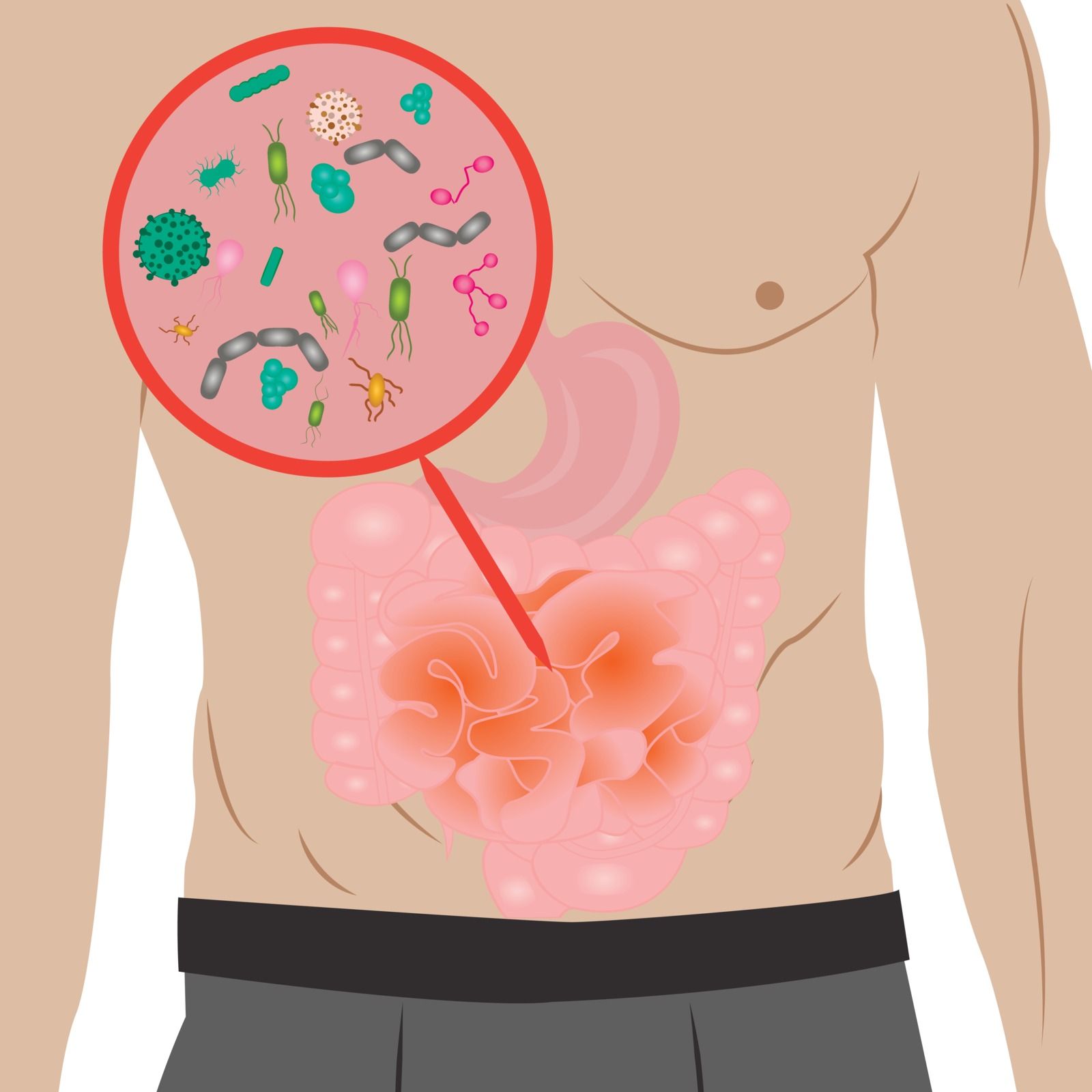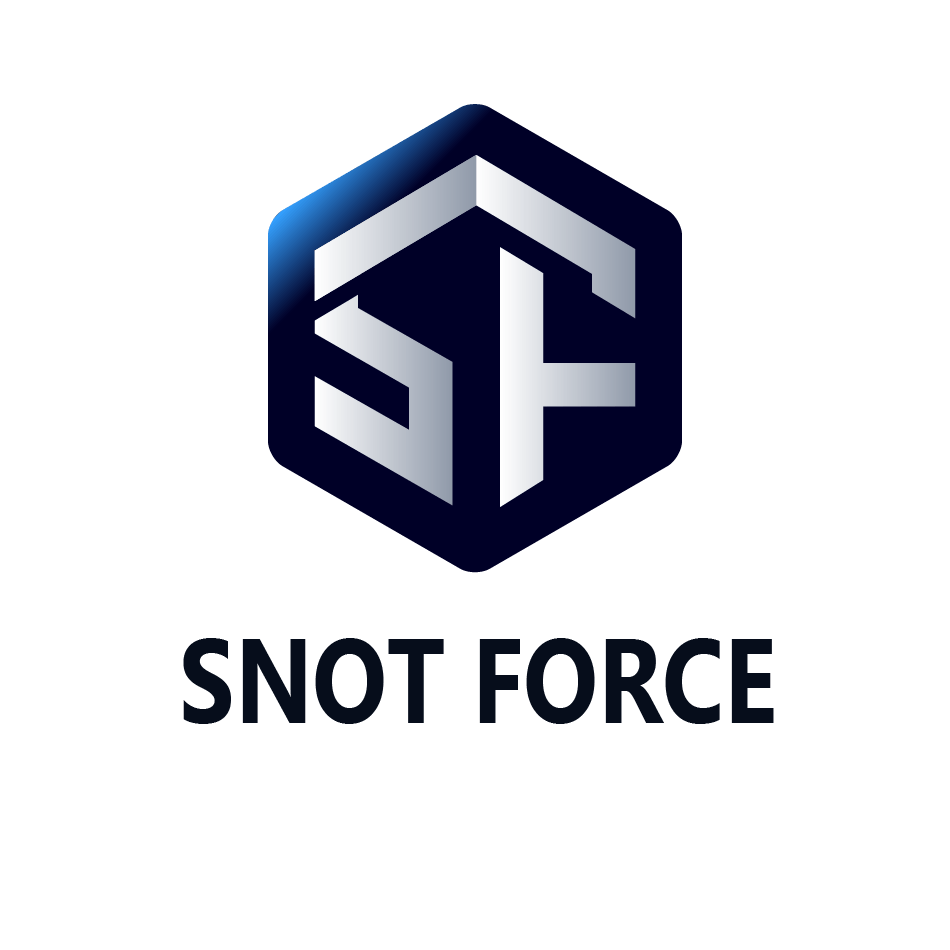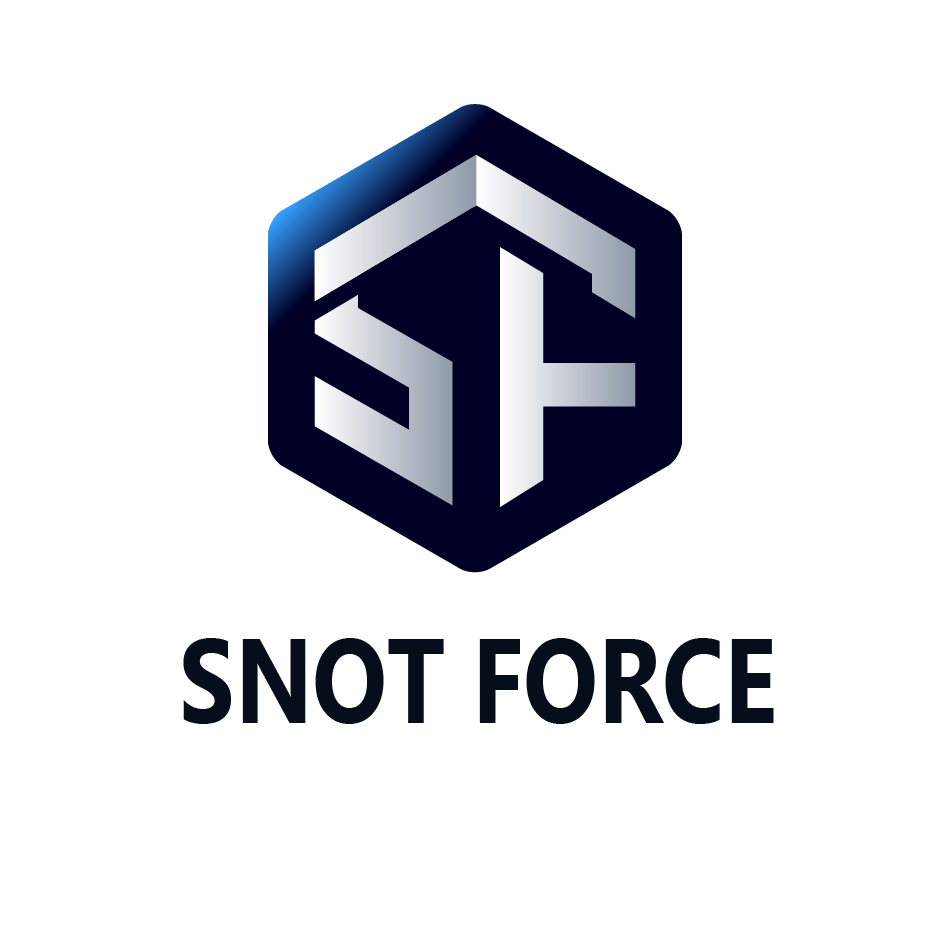The Role of the Immune System in Allergic Reactions
The immune system serves a vital function in discerning between harmful pathogens and harmless allergens, initiating a series of processes that culminate in the onset of allergic symptoms. Read on to learn the innate and adaptive immune systems in responding to pathogens and their significance in clinical practice.
The Immune System's Response to Allergens
When people with allergies encounter allergens like pollen, dust mites, or certain foods, their immune system mounts an exaggerated response characterized by the activation of immune cells and the release of inflammatory mediators. Two key immune pathways are central to this response: the innate immune system and the adaptive immune system.
- Innate Immune Response:
The innate immune system acts as the first line of defense against allergens, detecting and responding to these triggers through various mechanisms. Mast cells and basophils release histamine and other inflammatory substances upon allergen exposure, leading to immediate allergic symptoms such as itching, swelling, and bronchoconstriction.
- Adaptive Immune Response:
The adaptive immune system, which includes T cells and B cells, mounts specific immune responses against allergens. In allergic individuals, B cells produce allergen-specific IgE antibodies that bind to mast cells and basophils, priming these cells for rapid activation upon re-exposure to the allergen. This sensitization process underlies the development of allergic conditions and the swift onset of allergic symptoms upon subsequent allergen encounters.
Clinical Implications for Allergy Management
The immune system's intricate involvement in allergic reactions helps doctors optimize allergy management strategies for their patients.
- Diagnostic Precision
Utilizing advanced allergy testing modalities, such as skin prick tests, blood tests for specific IgE antibodies, and oral food challenges, enables clinicians to identify allergen triggers with precision, guiding targeted treatment interventions.
- Personalized Treatment Plans
Customizing treatment plans based on patients' immune responses and allergy profiles allows for tailored therapeutic approaches, including allergen avoidance strategies, pharmacological interventions, immunotherapy, and patient education on allergy management.
- Collaborative Care
Promote collaboration between allergists, immunologists, and other healthcare specialists to provide comprehensive care for patients with complex allergic conditions, ensuring multidisciplinary expertise in managing allergic reactions effectively.
Advancing Allergy Care Through a Collaborative Approach
By deepening our understanding of the immune system's role in allergic reactions and its implications for clinical practice, we as healthcare providers can enhance our ability to diagnose, treat, and support patients with allergies comprehensively. Through ongoing research, education, and collaboration within the medical community, we can continue to advance allergy care, improve patient outcomes, and empower individuals to lead healthier lives free from the burden of allergic conditions.
Join the Snot Force Alliance Bourbon and Roses Symposium to engage in in-depth discussions on all aspects of sinus health and immune function. Become a member today and contribute to driving progress!










© 2020-2025 SNOT FORCE ALLIANCE, INC All Rights Reserved. Privacy Policy | Terms And Conditions



